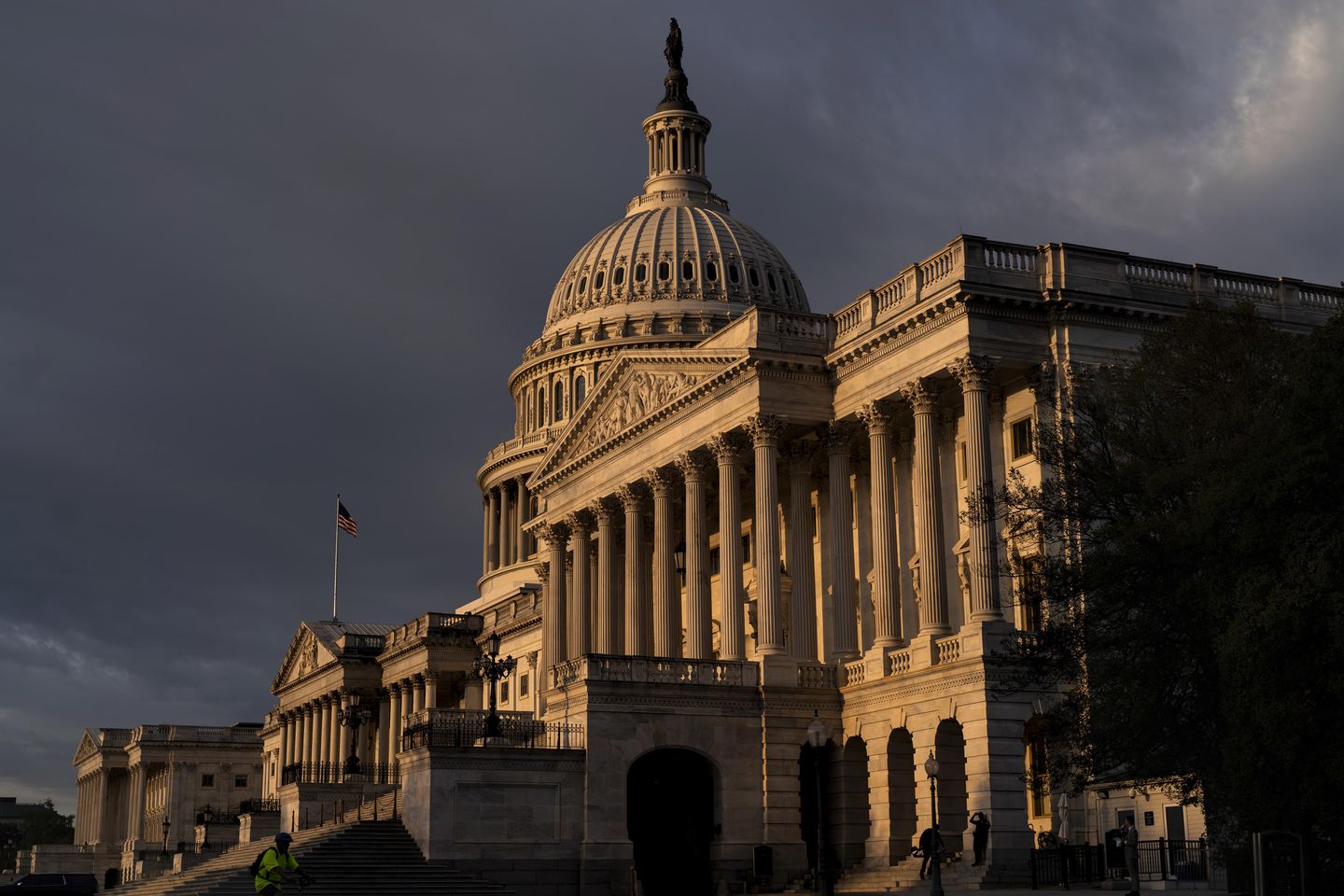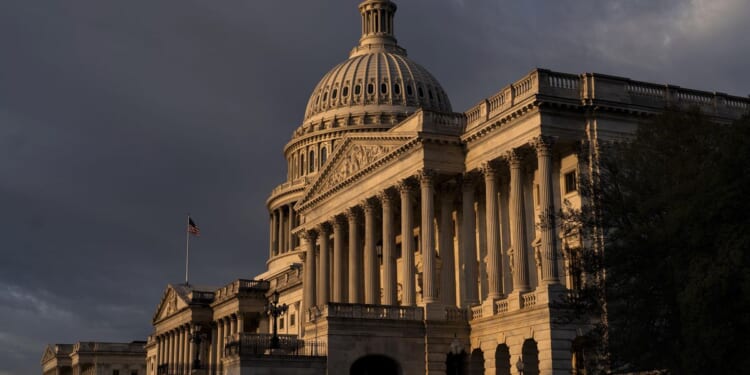
Hundreds of business lobbies have sprung into action to prod members of Congress to pass a bipartisan bill that would revive Trump-era tax breaks for companies and expand the Child Tax Credit.
The lobbying frenzy for the $80 billion deal includes millions of dollars in ads targeting key members and a public pressure campaign from hundreds of special interest groups.
It comes despite the legislation having cleared its first hurdle with almost no resistance in a 40-3 vote by the House Ways and Means Committee. Should it become law, the legislation is retroactive and would apply to tax years 2023, 2024 and 2025.
An alliance of trade groups made their case to congressional leaders in a recent letter.
“We, the undersigned organizations, representing hundreds of thousands of businesses who collectively employ tens of millions of Americans in all sectors of the U.S. economy, urge Congress to immediately enact the pro-growth Tax Relief for American Families and Workers Act,” more than 250 trade associations from various industries wrote.
The industries putting lobbying muscle behind the tax deal ranged from manufacturing, automotive, tech and retail to transportation, construction, food and health care.
The National Association of Manufacturers, which led the letter, has taken out ads in the home states of two key Republicans: House Speaker Mike Johnson of Louisiana and Senate Finance Committee ranking member Mike Crapo of Idaho.
Two signatories to the letter, the Business Roundtable and the U.S. Chamber of Commerce, both launched seven-figure ad buys in local and national media markets, including in swing districts of House lawmakers, before the deal was finalized.
Beyond the tax deal, the ad campaign also boosts lawmakers whom the groups consider pro-business.
Business Roundtable, which began its advocacy campaign last year as lawmakers negotiated the deal’s terms, told The Washington Times it’s in “high gear” lobbying lawmakers to approve the three main business tax policies it says will juice the economy.
Those include allowing corporations to immediately expense research and development investments, full expensing of new equipment and technology, and easing restrictions on interest expense deductions.
The amount of deductible qualifying expenses for smaller businesses would increase from $1.16 million to $1.29 million and lift the reporting level of subcontracted labor from $600 to $1,000.
For most families, the annual Child Tax Credit of $2,000 per child would only increase by $100 in 2025 because of inflation. However, those with lower incomes that have little or no tax liabilities would qualify for the first time to receive the full amount as a cash payment.
The bill also expands the Low Income Housing Tax Credit to incentivize new affordable housing.
Lawmakers on Capitol Hill, including those with deep reservations about the deal, said they’re not feeling the pressure from business trade groups.
“They got to explain to us why we should give them tax breaks as ‘incentives’ for years that have already passed,” Sen. Elizabeth Warren, Massachusetts Democrat, told The Times. “I don’t understand the business lobby’s argument that they need an incentive to make investments a year ago. It just makes no sense at all.”
Republicans also have reservations about the deal.
Sen. John Cornyn, Texas Republican, expressed concern about subverting the usual legislative process and ushering through major tax policies written by a handful of lawmakers.
“I want to get back to legislating,” Mr. Cornyn said. “It should go to the Finance Committee and get everybody participating. We can’t just have a deal between two people and say, ‘OK, take it or leave it.’”
In addition to the Child Tax Credit, conservatives also are concerned about the offset to pay for the tax benefits. The pandemic-era Employee Retention Credit that incentivized keeping workers on payroll would cease, a costly program rife with fraud.
“You can’t just cut taxes without doing anything with spending,” Sen. Mike Braun, Indiana Republican, told The Times. “It was borrowed money in the first place. We’re just substituting how we’re going to spend that borrowed money.”
Advancing American Freedom, the think tank founded by former Vice President Mike Pence that promotes conservative policies, called the offset a “gimmick.” The tax deal, it said, “increases wasteful spending” and turns the Child Tax Credit “into yet another welfare program.”












